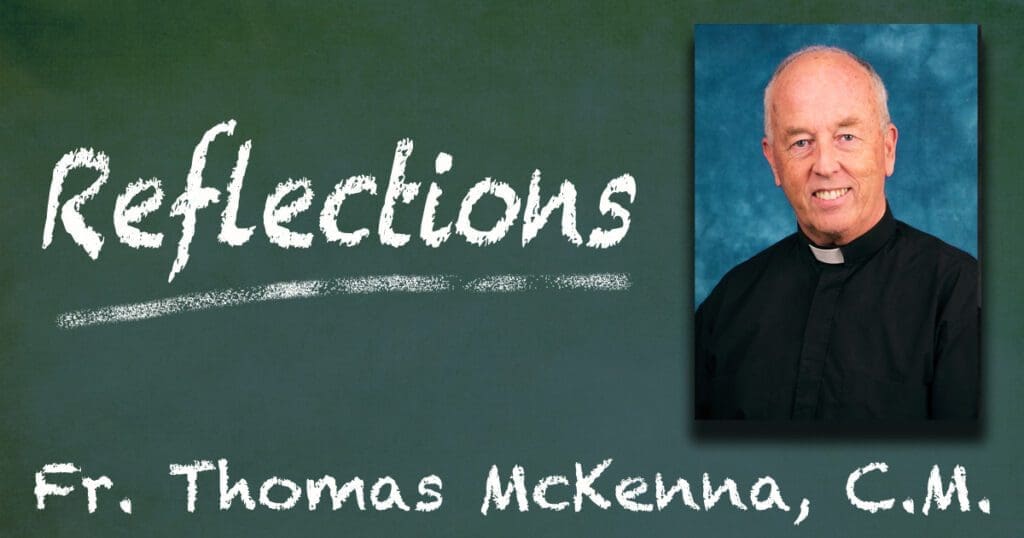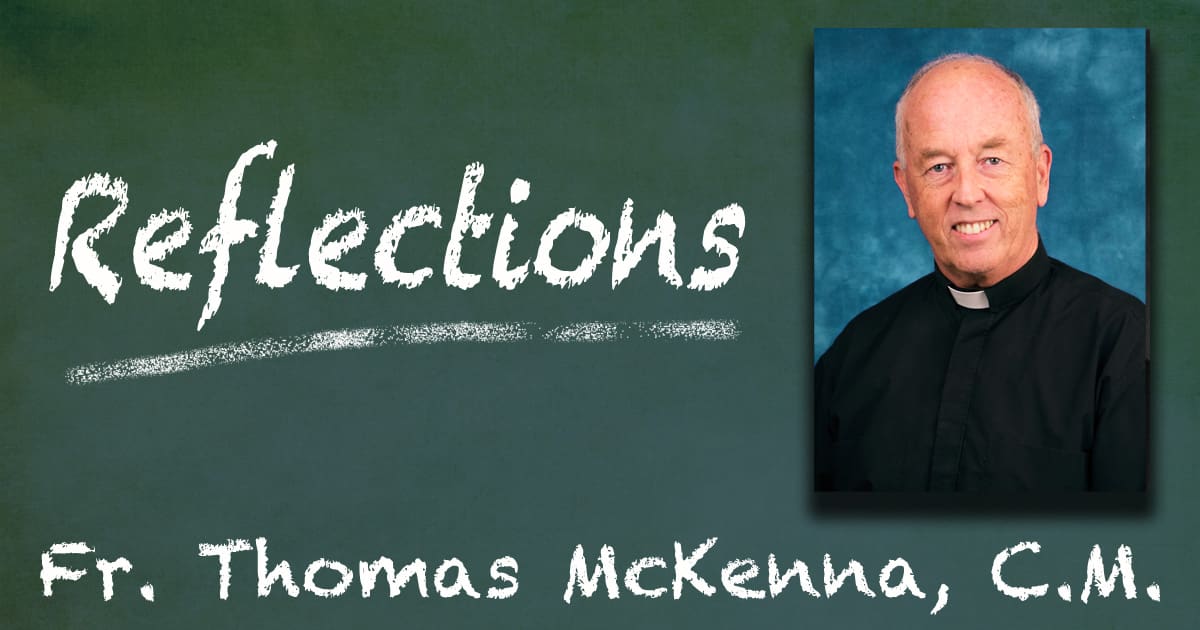“Practicing” The Faith (Malachi 3:19-20)
As with all literature, there are many words in the Scriptures that need interpretation, that second look to get at their more underlying meaning. One in particular is the word “fear”as it occurs for instance in God’s speaking through the prophet Malachi. “To you who fear my name, the sun of justice will arise with its healing rays.”

On the face of it, the word connotes fright, being afraid, shrinking in terror before someone who will do you great harm. But it has another and almost opposite connotation: to show respect. Used in this sense, it means to acknowledge the stature of the person in front of me, to bow in the presence of his or her greatness, to stand erect because I feel the realness and substance of who is there.
This is the underlying meaning of God’s command to “fear His name.” It’s the reverse of taking God lightly, of giving little more than a passing nod to His Divinity.
Assigning this other sense to the word connects with a recent survey of the attitudes of today’s young people to God. One would think from the drastic falloff in Church attendance in that age cohort that their belief in God’s reality, God’s substance so to speak, has diminished. But not only has it remained but has even increased. In our second meaning of “fear,” this generation is quite God-fearing, God-recognizing, God-respecting.
On the one hand, it’s heartening to know young people share our basic conviction. On the other, this situation throws out a challenge to all of us who regularly practice our faith. In what ways could we strengthen that link between belief in God and the prayer-traditions of our Catholic religion? In what ways could we make the case to these young people (who say they are spiritual but not religious) that the practices of faith serve to deepen one’s spirituality, that the sacraments and the moral code of the Gospel feed that belief in God and firm it up.
Might the concern be translated into actions like: giving the good example of our own Church attendance, praying at home, supporting youth programs in the parish and diocese, and on occasion bringing up this touchy subject in conversation. For instance,”Yes, you non-practicing Catholics are believers, and are God-respecting, God-fearing people. But do you realize all you’re missing by not giving the legs of religious practice to your belief in God? Do you see the thinness of a conviction about God that isn’t supported by a believing assembly, the shakyness of a faith that isn’t fleshed out by regular actions that give body and speech to that belief?”
By and large, people are God-fearing, God-respecting, God-acknowledging. But that reverence and respect lives only a half life when it isn’t given regular expression, when it remains in the realm of ideas only. It strengthens and comes into its own when lived out in the faith community we know as the Church. It’s there that God-fearing blossoms into God-following and God-loving.
This concern about religious observance isn’t limited to our times. In a letter to one of his priests in Rome, Vincent writes, “These losses of the Church in the past hundred years give us reason to fear in the present misfortune that in another hundred years we may lose the Church entirely in Europe. So, keeping this fear in mind, blessed are those who cooperate in extending the Church elsewhere.”
(Volume: 3 | Page#: 41) To Jean Dehorgny, Superior, 31 August, 1646)







0 Comments